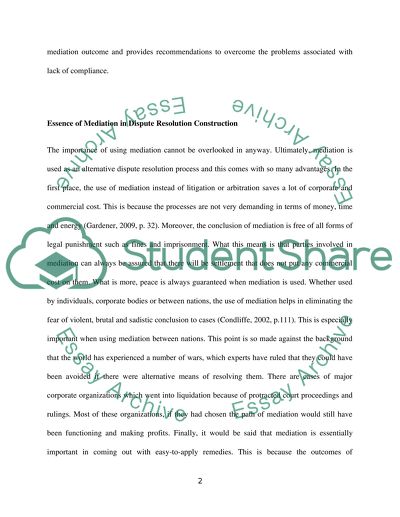Cite this document
(“Enforceability of international and local mediation (UAE) Assignment”, n.d.)
Enforceability of international and local mediation (UAE) Assignment. Retrieved from https://studentshare.org/law/1450728-enforceability-of-international-and-local
Enforceability of international and local mediation (UAE) Assignment. Retrieved from https://studentshare.org/law/1450728-enforceability-of-international-and-local
(Enforceability of International and Local Mediation (UAE) Assignment)
Enforceability of International and Local Mediation (UAE) Assignment. https://studentshare.org/law/1450728-enforceability-of-international-and-local.
Enforceability of International and Local Mediation (UAE) Assignment. https://studentshare.org/law/1450728-enforceability-of-international-and-local.
“Enforceability of International and Local Mediation (UAE) Assignment”, n.d. https://studentshare.org/law/1450728-enforceability-of-international-and-local.


